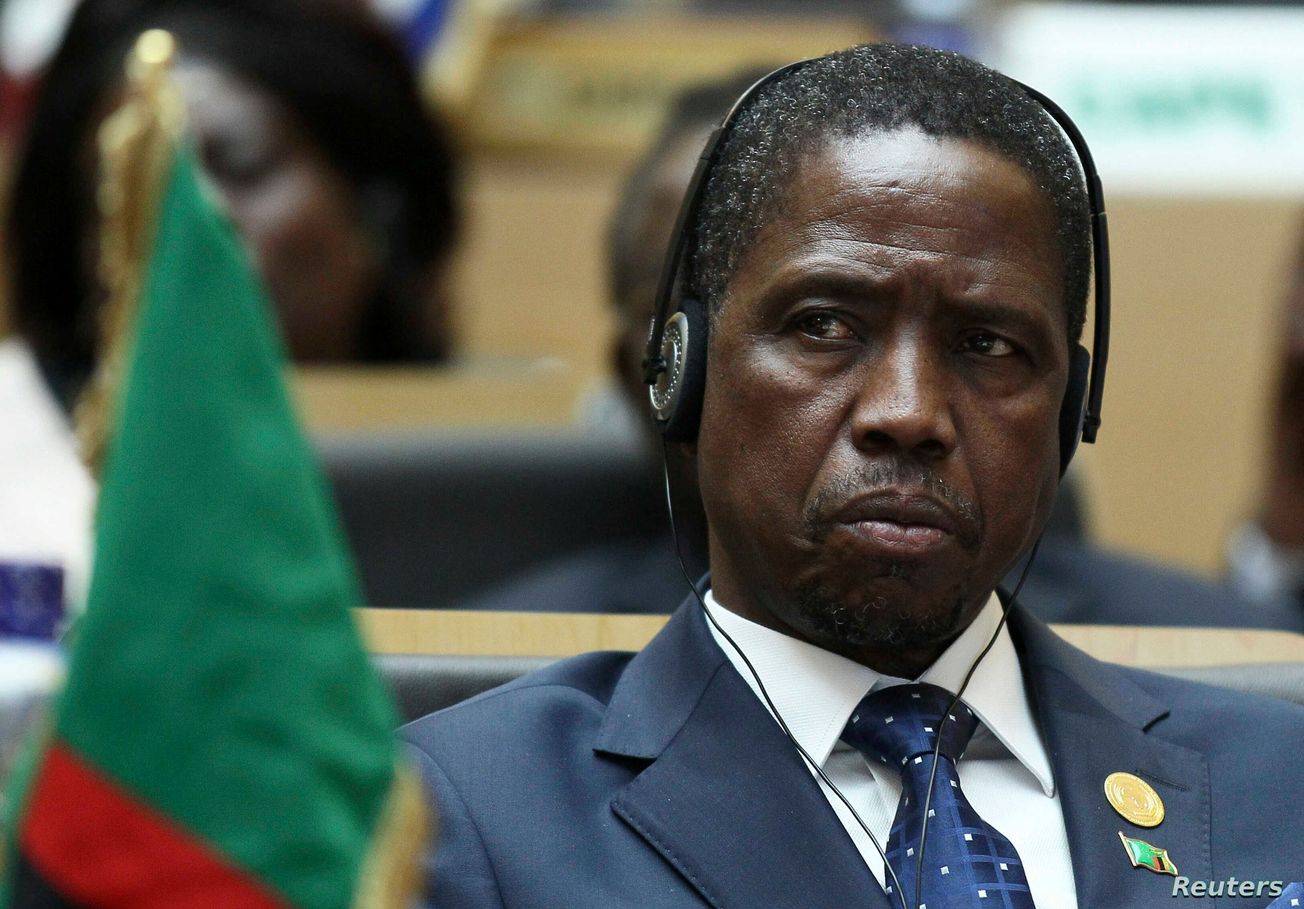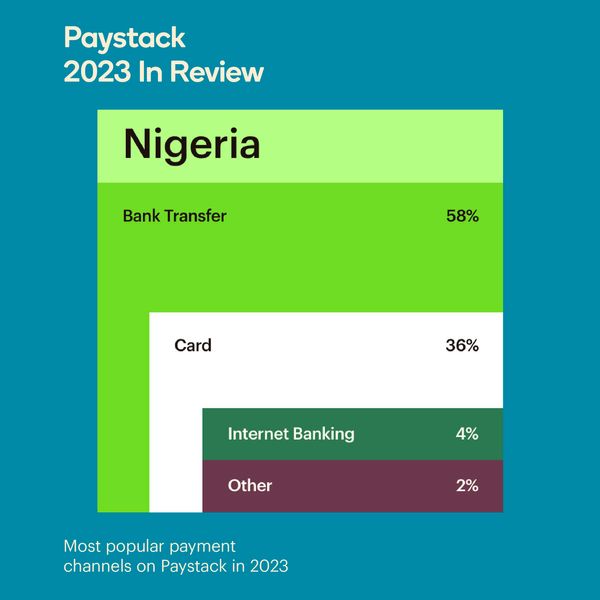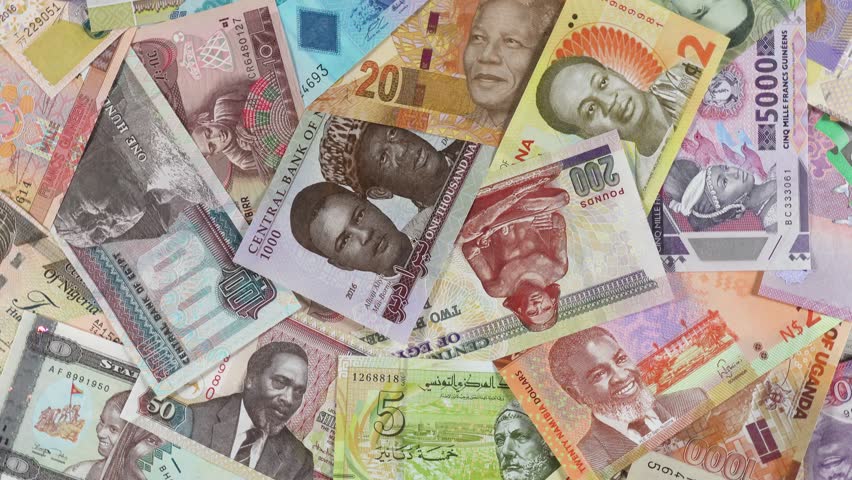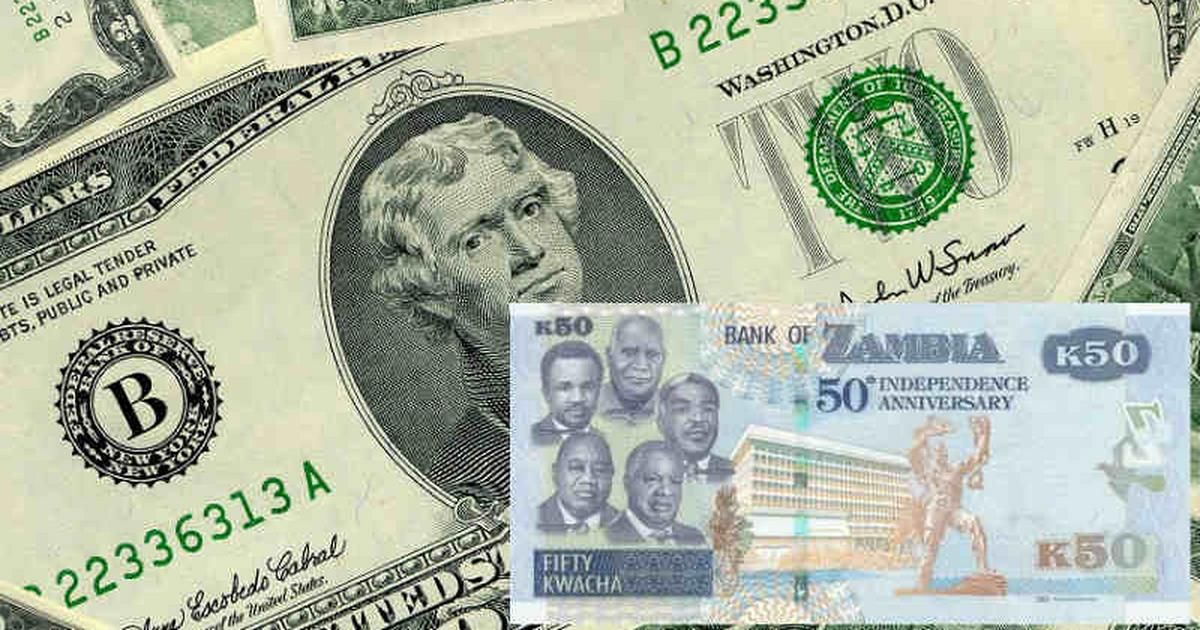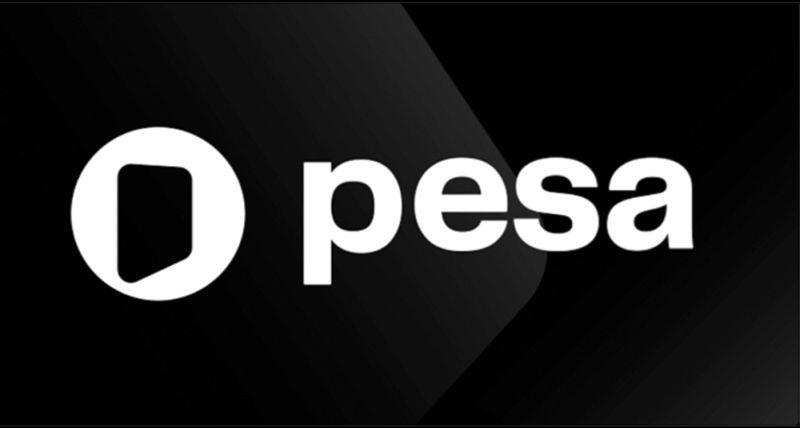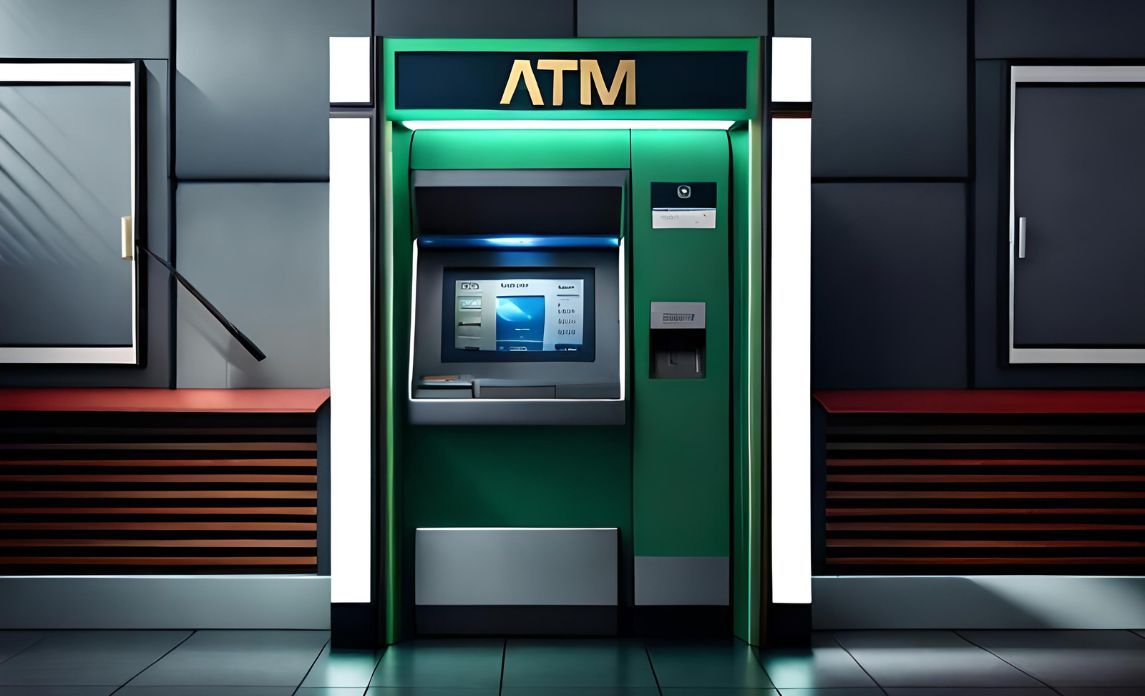Facing financial difficulties aggravated by the coronavirus pandemic, the southern African nation of Zambia appears headed for a default on debt owed to private investors.
One of the world’s top copper producers, Zambia for years has been heavily indebted but now could get an undesired reputation for financial unreliability if a group of investors who hold $3 billion of the country’s eurobonds insist on payments that have come due.
The cash-strapped country is a strong example of the debt distress for other governments in Africa even as they try to focus limited resources on urgent problems such as healthcare and education. How Zambia fares will be watched by other nations that owe large amounts not just to private bondholders but also to commercial banks and state lenders such as China.
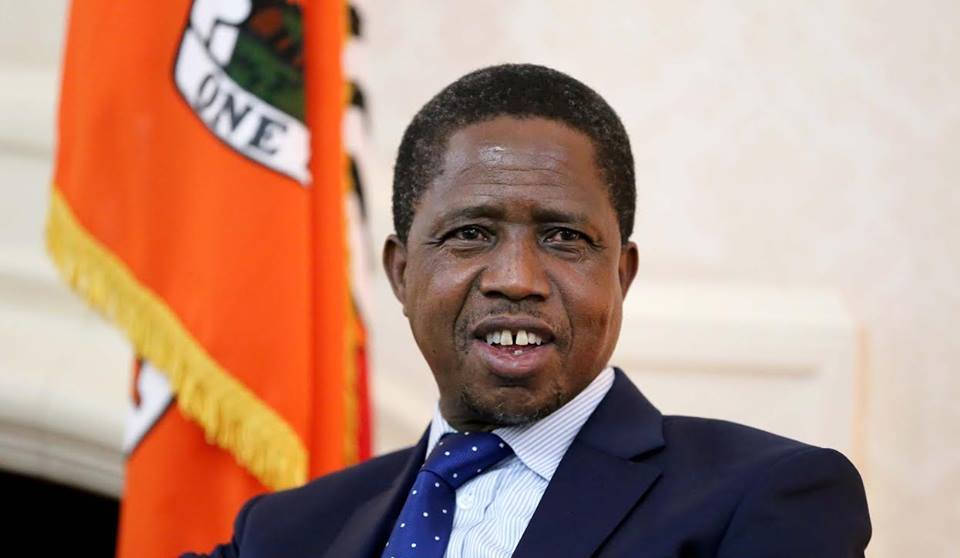
A debt moratorium granted by G20 countries in response to the pandemic that freed up to $20 billion for low-income nations ends in late December, and African governments seek an extension to free up further resources to fight the COVID-19 pandemic and help battered economies.
A default on private debt is damaging in the eyes of investors, and credit rating agency Fitch downgraded Zambia to almost junk status after the government sought to delay interest payments to bondholders in September.
Zambia’s looming default “definitely sends a wrong signal in the eyes of investors,” said Stephen Kaboyo, a Ugandan analyst who runs the asset management firm Alpha Capital Partners. “There’s always peer comparison,” he said. “They ask themselves, ‘Who is next?’”
Abebe Selassie, the director in charge of Africa at the International Monetary Fund, sought to allay the concern in a news conference on Oct. 22, saying he hoped the market would differentiate Zambian assets from others in Africa.
Zambia In Focus
Population: 17.861 million (Compared to South Africa's 59.6 million)
GDP: $23.065 billion (Compared to South Africa's $369.85 billion)
GDP Per Capita: $1,450 (Compared to South Africa's $6,193)


